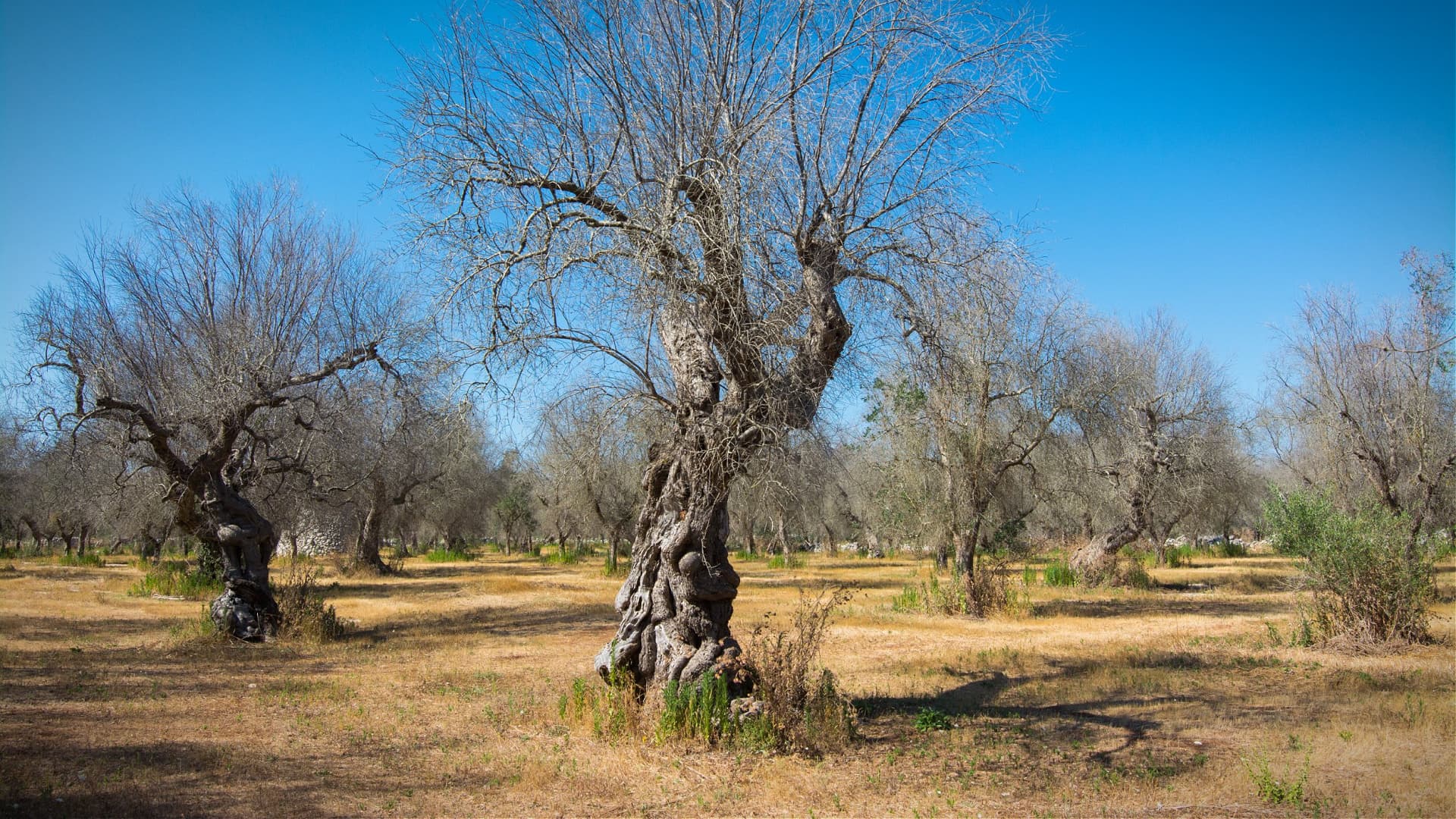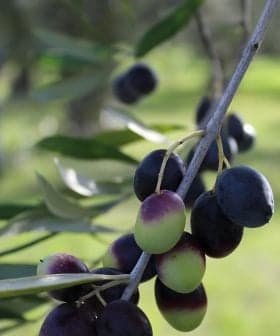New Financial Aid for Apulian Millers Crippled by Xylella Fastidiosa

The Italian Ministry of Agricultural, Food and Forestry Policies is providing €35 million to olive oil millers affected by Xylella fastidiosa in Puglia, with funds available in the next few weeks as part of a broader €300 million plan to help relaunch olive growing and oil production-related operations. The funds will be distributed based on the difference in production volumes between the 2019/20 crop year and the average yields of the 2012/13 and 2013/14 harvests, with additional funds planned for the 2020/21 crop year to support the recovery and modernization of the olive oil industry in the region.
The Italian Ministry of Agricultural, Food and Forestry Policies will provide €35 million to Italian olive oil millers affected by the spread of Xylella fastidiosa in the southern Italian region of Puglia.
The funds will be available to eligible companies within the next few weeks. The support is part of a broader €300 million plan to help the most affected areas relaunch olive growing and oil production-related operations where feasible to rekindle the local economy.
The devastation caused by Xylella fastidiosa has significantly affected the production volumes of local milling companies, mainly in the Salento area, in the southern part of the region.
See Also:Europe’s LIFE Resilience Project Offers Tools to Mitigate Spread of XylellaTo be considered for the funds, companies must document the difference between the 2019/20 crop year production volumes and the average yields of the 2012/13 and 2013/14 harvests. Those are widely considered the last olive harvests before Xylella fastidiosa was introduced to Puglia.
The decree also provides a new round of funds that will be available before the end of the year, focused on the 2020/21 crop year.
Both rounds had been eagerly awaited by local millers, who had asked the government to speed up the process on several occasions.
The decree of the ministry, published in the Official Gazette, gives the National Agency for Agricultural Funding (Agea) 30 days to establish the specific procedures that will allow millers to ask for a maximum of €200,000 in recovery funds.
“Because of the spread of Xylella fastidiosa, many Apulian olive oil millers have reduced or even interrupted their olive transformation activity,” said Giuseppe L’Abbate, an Apulian member of the parliament and former state undersecretary to agriculture.
See Also:Court Halts Removal of Xylella-Infected Millenary Trees in Puglia“Those funds… will be further sustained by the measures included in the National Recovery and Resilience Plan aimed at the infrastructural and modernization relaunch of olive oil millers,” he added. “It represents a unique opportunity for innovation and recovery to upgrade competitiveness and maintain the excellency of one of the most relevant Made in Italy food products.”
Since 2013, Xylella fastidiosa has contributed to the death of millions of olive trees in Puglia, which remains Italy’s most relevant olive oil-producing region.
In 2021, the Italian national agricultural association, Confagricoltura, estimated that more than 150,000 hectares of olive groves had been impacted by the Olive Tree Quick Decline syndrome (QODS), the disease caused by Xylella fastidiosa.
Along with funds for millers, national and local authorities in Puglia have enacted a series of measures to stem the spread of the disease and restore affected areas.
“The goal of the current projects is to bring back agriculture and income to areas severely hit by Xylella,” Pantaleo Piccinno, the president of the Salento-Jonic Agriculture Quality District (DAJS), told Olive Oil Times in April.
“We are working with a new approach, to replace destroyed olive groves with new crops, reshape our territory and give strength to its agricultural excellencies,” he added.









